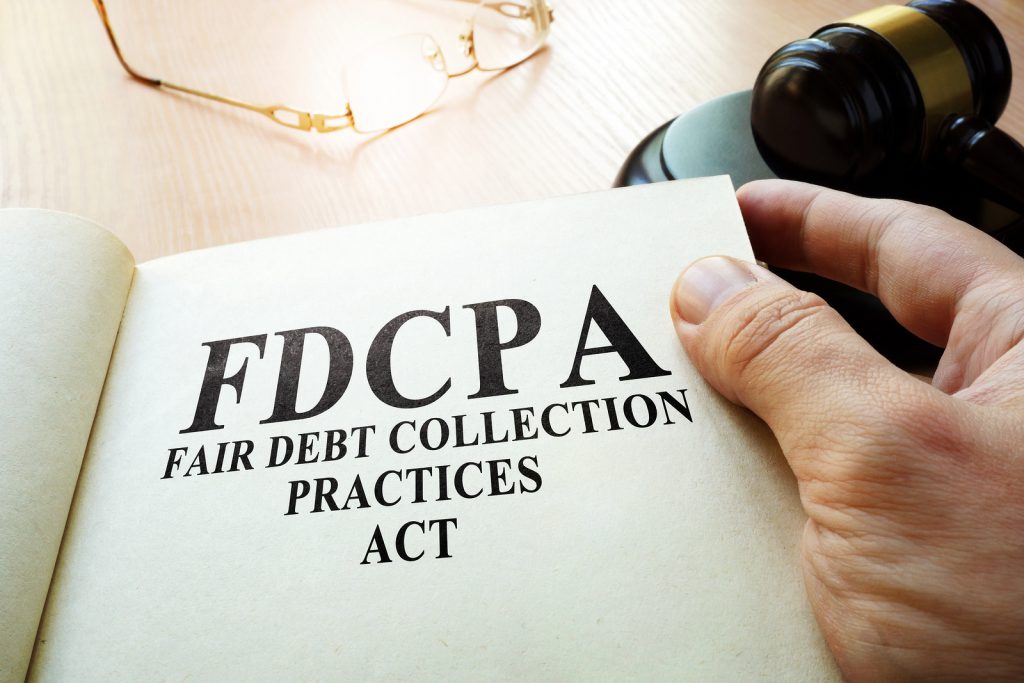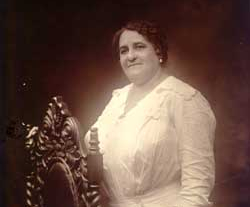What is the Fair Debt Collection Practices Act (FDCPA)?

Piling new debt on top of an old debt is never smart, but in today’s economic environment, it’s downright dangerous to accumulate debt you cannot readily repay. Consumers who are delinquent on accounts are likely to receive calls or letters from creditors sooner than in the past. Since money is tight, the creditors want to be first in line, thus enhancing their chance of being repaid. The NFCC wants to remind people of the protections afforded by the Fair Debt Collection Practices Act:
- When can they call?
A debt collector may contact you in person, by mail, telephone, telegram, or fax. However, a debt collector may not contact you at inconvenient times or places, such as before 8 a.m. or after 9 p.m., unless you agree to such times.
- Can they call me at work?
You may not be contacted at work by a debt collector if the collector knows that your employer disapproves of such contacts.
- Can they harass me?
A collector may not use threats of violence or harm, use obscene or profane language, or repeatedly use the telephone to annoy you. Further, they may not imply that you’ve committed a crime or will be arrested if you do not pay your debt, or pretend that they are an attorney or are a government representative if they are not.
- Is there any way to get collection efforts to stop?
The consumer can stop all contact from the collector by writing a letter to the collector telling them to stop. Once the collector receives the letter, they may not contact you again except to say there will be no further contact, or to notify you that the debt collector or the creditor intends to take some specific action.
- Can they tell others about my debt?
A debt collector may contact other people, but only to find out where you live, what your phone number is, and where you work. Typically, they may only contact a third party once, and in most cases, the collector may not tell anyone other than you and your attorney (if you have one) that you owe the debt.
- What if I don’t think I owe the debt?
You are entitled to a verification of the debt within five days of initial contact. This confirmation must be sent to you in writing and must include the amount of money you owe, the name of the creditor to whom you owe the debt, and provide you with options to take if you do not owe the money.
- Can they continue to contact me after I dispute the debt?
Collection efforts may not continue if, within 30 days after you receive the written notice, you send the collection agency a letter stating you do not owe the money. However, a collector can renew collection activities by providing you with proof of the debt.
Job loss and financial instability have forced many consumers into making tough choices when it comes to how they allocate their money. Such decisions can result in accounts going into collections. Even if this happens, the consumer deserves to be treated fairly, which is most often the case.
However, if a consumer encounters a collector who crosses the line, the problem should be reported to their state Attorney General’s office and the Federal Trade Commission. Abuses can result in fines for the collection agency, but equally important, reporting such violations can save others from being taken advantage of.



